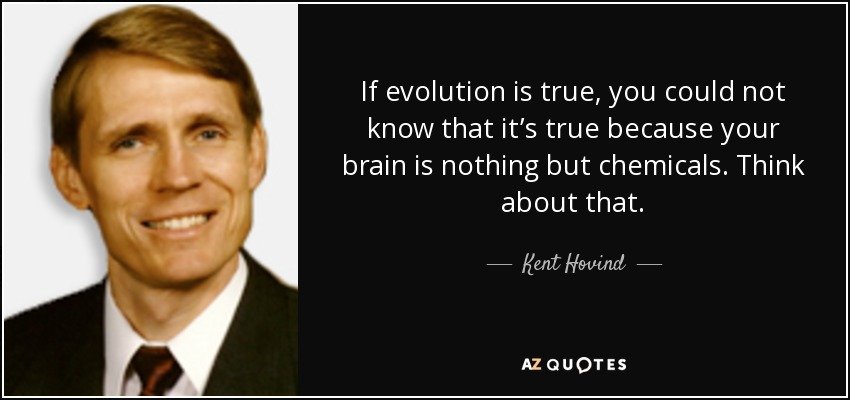Everything posted by Curious layman
-
What is the Purpose of Life ?
For me, lately the purpose of life is to find purpose. Sometimes life feels overwhelming. But it's always the small things that lift me. People saying hello, helping me out when they have no reason to, being nice, small things like that. So I guess my purpose would be to remember you only have to do small things to really help someone. And try to be less of a socially awkward dick too, that would help.
-
The Lagrangian equation...
Sorry I can't contribute to the post but seriously.....Holy s#-t, there's some serious math in this post my poor old iPad took at least 5 mins just to load it all up. That doesn't even happen on math forums I go to. I'm seriously envious of people who can do math/physics at this level. If you can understand this thread, I hope your ugly...
-
More tests
Tailorbird nest building
-
More tests
https://forms.office.com/Pages/ResponsePage.aspx?id=DQSIkWdsW0yxEjajBLZtrQAAAAAAAAAAAANAAcxNDkRUMlE4SlMyNUdaSlk3VE5SRzZaTjkyQUdaNS4u
-
What is your favorite tv series at the moment?
Loved The Expanse, Altered Carbon was good too. The effects were much better than the storyline. Hopefully the next series will be better. Cant get enough of Narcos etc.. always with subs though, dubbing ruins it I think.
-
What are you reading?
The Road by Cormack McCarthy. Post-Apocalyptic, Not too long, simply written, absolutely brilliant.
-
What are you reading?
Seven Brief Lessons On Physics - Carlo Rovelli very thin, only 79 pages, but seems good overview for understanding the basics. Unmasking Europa. - Richard Greenberg
-
Today I Learned
There's a film called Grave of the Fireflies I really need to watch https://en.m.wikipedia.org/wiki/Grave_of_the_Fireflies.
-
Today I Learned
Today I learned that the Molecular motor is a truly wonderful beautiful thing. Amazing. And loads about DNA.
-
More tests
- More tests
News post practice: Skylon space plane. The Skylon space plane is a British single stage to orbit space plane currently being developed within Europe between several countries. t's key features are it's 2 SABRE (supersonic air breathing rocket engine) engines, Hydrogen fuelled these engines take the plane to a speed of Mach 5.4 at an altitude of 85000 feet (16mi/26km) before switching the engines to rockets to reach an altitude of between 2000km (LEO) and 42 164km (GEO) depending on cargo (between 7.3-17 tonnes). It's ceramic composite skin is hoped to give the Skylon space plane at least 200 orbital flights per plane. It is hoped this will bring down the cost of payload to LEO to £650/kg with costs falling when initial expenditure is recouped. The total cost of the program is expected to be around $12bn. The SABRE engines will hopefully be running unmanned tests by 2025. https://en.m.wikipedia.org/wiki/Skylon_(spacecraft) What do you think? Any good?- The Official JOKES SECTION :)
- Today I Learned
Today I learned 2 things dont mess with sfn women, they bite. It's not just science you learn here (English, Music, History, Literature, Jokes) you name it....- More tests
- What are you reading?
Blood Meridian or The Evening Redness in the West. By Cormack McCarthy A Western about scalp hunters. cant recommend this enough Also try The Road by the same author.- What are you listening to right now?
I just learnt a new word. ...while listening to psithurism.- What are you listening to right now?
You leave Tina alone, and there's nothing wrong with the way she dances either... thanx will do. Same to you. Please don't reply either, every time it loads my iPad nearly melts with all the pages- What are you listening to right now?
They offered me abit of help instead which I wasn't expecting, after pavarotti I'm listening to Simply the Best by Tina Turner, because despite the above my job sucks major ass..- What are you listening to right now?
Nessun dorma by Pavarotti, i thought I was going to get fired from work today and didn't.- Youtube channels on science?
Some more.... how the universe works (live docs) Khan academy/Medicine (educational) International Center for Theoretical Sciences (lectures) World Science festival (debates, lectures, videos- the brain, robotics, everything really) Numberphile (numbers) Ones above are abit for the layman, these are a lot more informative.- Youtube channels on science?
Maybe better to put a link to spec savers instead! Not sure if I still count as new but- Asteron x ( a bit far fetched though I think! ) Curious Droid John Michael Godier PBS space time/eons Web of stories-life stories of remarkable people ( Gell-Mann, Teller, Dyson), I find the history of science just as important and fascinating. and about a million more, I found my favourite ones by accident.- Idea for a rocket engine
Just a layman! There's a lot of thought gone into this for a layman. I'm impressed.- Landing on a black hole!!
Easier to hit the sun than a black hole!! Well that's even more interesting, but does make sense. Cheers- Landing on a black hole!!
Ok good, thanx for that, I get it now, it would fly into the sun eventually, and it could orbit around a black hole, it depends on its trajectory. Those links were really great too. Zapatos really nailed it for me though.- Landing on a black hole!!
I thought if you fired off a probe towards the sun it wouldn't just into to it, it wouldn't get anywhere near it, but if you fired a probe into a black hole obviously it would go straight into it, why the difference? - More tests
Important Information
We have placed cookies on your device to help make this website better. You can adjust your cookie settings, otherwise we'll assume you're okay to continue.

